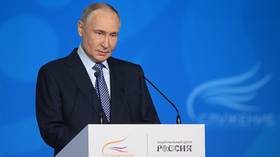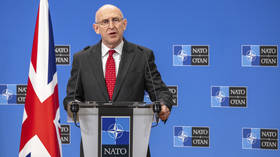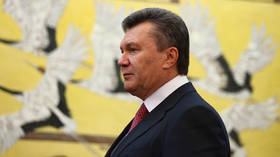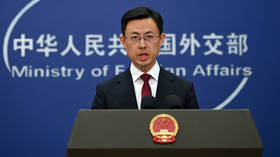‘Gaddafi phoned me, asked for help suppressing Arab Spring’ – Hague
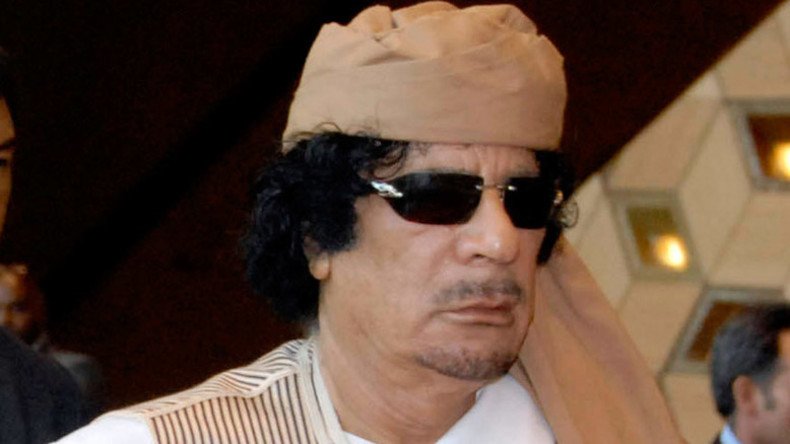
Libyan leader Muammar Gaddafi telephoned then-Foreign Secretary William Hague to ask for help crushing the 2011 Arab Spring protests, MPs heard Tuesday.
Hague told the Foreign Affairs Committee that Gaddafi phoned him at his home to express alarm at the demonstrations against his government.
The former Tory minister said he told Gaddafi he could not help him and urged him to create a “democratic process” in Libya.
Hague related the episode while giving evidence to the Foreign Affairs Committee, which is investigating Britain’s role in the Libyan war and the subsequent collapse of the Gaddafi regime.
Although Hague did not say explicitly when the telephone conversation took place, he said it was “as this trouble began” – placing it at some point between February and March 2011.
The former Foreign Secretary said Gaddafi phoned him for help at his home in Yorkshire on a Sunday.
“He came on the line to say there was an alarming situation now in Libya and he, on behalf of his government, was asking the United Kingdom and the West to help them to suppress the rebellion in Libya,” he told MPs.
“Which shows that whatever understanding that developed in Britain of Libyan politics, his understanding of British politics was not very profound after all these visits, because I can’t see any British government supporting the suppression of a rebellion without being accompanied by human rights abuses of a vast scale.”
Hague said he told the Libyan dictator that Britain would not be able to help his government suppress protesters.
“So I said no, we would not be able to do that. That what we look to them to do, was to have a political process, to cease firing on unarmed protestors, and to create a democratic process in Libya.
Tony Blair asked to give evidence in IRA-Libya compensation inquiry http://t.co/adFmiFGmyhpic.twitter.com/LfubdTnv99
— RT (@RT_com) October 9, 2015“Having received that message, he did not call back again. But we imparted that message directly to him on the telephone that day,” he added.
Hague was Foreign Secretary in the Conservative-Liberal Democrat coalition government at the time of the Libyan war. In July 2011, as military intervention was well under way, he publicly called on Gaddafi to step down.
The Libyan leader fled the country’s capital, Tripoli, in August 2011, after it fell to forces of the National Transitional Council (NTC).
Gaddafi was killed on October 20, after which his corpse was publicly displayed for several days.



